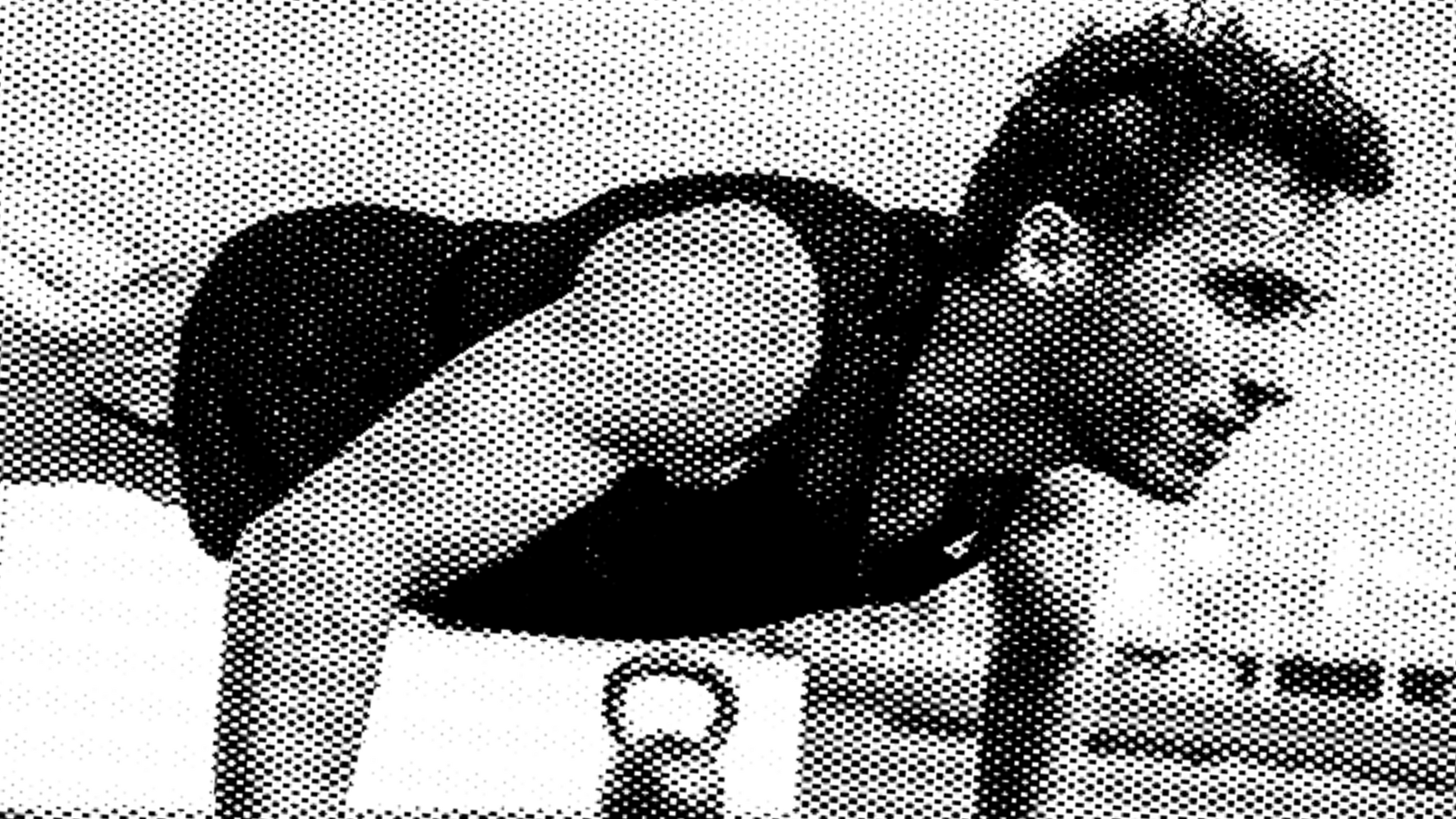Think you need a rack full of weights to pack on muscle? Think again. Bodyweight exercises are not just for cardio bunnies or warm-ups; they’re a powerhouse for strength, muscle growth, and functionality. Whether you’re cranking out push-ups in your living room or pulling up on a doorframe bar, the gains are real. Let’s break it down.
How Do Bodyweight Exercises Build Muscle?
Bodyweight movements rely on progressive overload, just like lifting weights. By increasing the difficulty of exercises or volume (reps, sets), your muscles adapt and grow.
| Key Factors | Details |
|---|---|
| Mechanical Tension | Muscle fibers experience tension as they resist your body weight. |
| Metabolic Stress | High-rep bodyweight sets lead to the “burn,” creating hypertrophy signals. |
| Muscle Damage | Controlled eccentric movements tear fibers for growth. |
Top Bodyweight Exercises for Muscle Growth
| Muscle Group | Exercise | Progressions |
| Chest | Push-Ups | Archer Push-Ups, Clap Push-Ups |
| Back | Pull-Ups | Weighted Pull-Ups, Archer Pull-Ups |
| Legs | Squats | Pistol Squats, Bulgarian Split Squats |
| Shoulders | Pike Push-Ups | Handstand Push-Ups |
| Core | Plank Variations | L-Sit, Dragon Flags |
Progression: The Secret Sauce
Building muscle requires challenge. With weights, you add plates; with bodyweight, you tweak the difficulty.
- Increase Time Under Tension: Slow down the movement. Try 4-second negatives on pull-ups.
- Change Angles: Incline push-ups are easier; decline push-ups are harder.
- Single-Limb Variations: Think one-arm push-ups or single-leg squats.
- Add Volume: Start with 3 sets of 10 reps and increase as you grow stronger.
Advantages of Bodyweight Training
- No Equipment Needed: Workout anywhere—home, park, or hotel room.
- Joint-Friendly: Movements are natural and reduce injury risks.
- Improves Functional Strength: Enhances mobility and coordination.
- Budget-Friendly: Free, unless you splurge on a pull-up bar.
Limitations and Solutions
| Limitation | Solution |
| Plateaus | Incorporate advanced variations like planche push-ups or weighted vests. |
| Leg Strength | Use explosive movements (jumps) or single-leg work for growth. |
| Load Adjustment | Introduce resistance bands or weighted backpacks. |
Sample Bodyweight Workout for Muscle Gain
| Exercise | Reps | Sets | Rest |
| Push-Ups | 15-20 | 3 | 60 secs |
| Pull-Ups | 8-12 | 3 | 90 secs |
| Bulgarian Split Squats | 10 per leg | 3 | 60 secs |
| Pike Push-Ups | 12-15 | 3 | 60 secs |
| Plank Hold | 60 seconds | 3 | 30 secs |
Rarely Asked Questions
Q: Can bodyweight exercises activate “fast-twitch” muscle fibers? A: Absolutely. Explosive moves like clap push-ups, jump squats, and burpees recruit fast-twitch fibers, the ones responsible for power and size. Focus on speed and intensity to hit them hard.
Q: Are bodyweight exercises enough for building leg size? A: Yes, but they’ll need creativity. Moves like pistol squats and jump lunges create high tension. Add plyometrics (think box jumps) to increase stimulus. For extra challenge, grab a backpack and throw in some weight.
Q: Can I combine bodyweight and weightlifting for better results? A: Of course. Pairing both is like a 1-2 punch. Use bodyweight moves for functional strength and weights for targeted hypertrophy. Think pull-ups with lat pulldowns or push-ups with bench press.
Q: What’s the role of tempo in muscle building with bodyweight? A: Tempo is your secret weapon. Slow eccentrics (lowering phase) create muscle damage, while explosive concentrics (lifting phase) build power. Example: Take 3 seconds to lower in a squat, then explode up.
Q: Is there a bodyweight alternative to deadlifts? A: Not exactly, but bridges and hamstring curls (on a stability ball or sliders) mimic the posterior chain engagement. Add Nordic curls if you’re feeling ambitious.
Summary of Key Points
- Bodyweight exercises can build muscle, relying on tension, stress, and progression.
- Combine variety and intensity for optimal growth.
- Use creative solutions to overcome limitations.
With the right mindset and a few tweaks, bodyweight training becomes a legit method to grow stronger, leaner, and more functional. Now, go claim your gains—no excuses!

